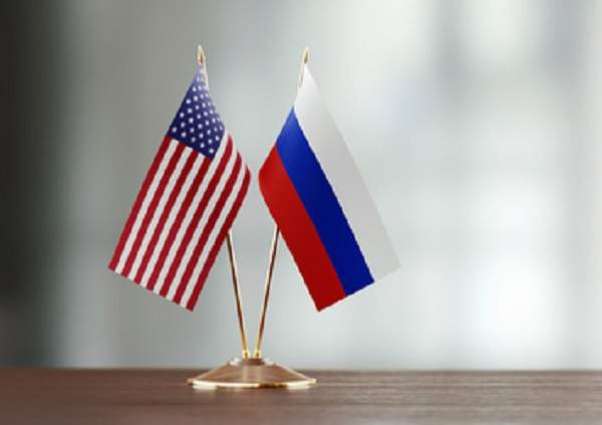Sanctions under the US Caesar Act introduced against Syria have hindered activities of the UN entities and non-governmental organizations (NGOs) that provide assistance to the country's population, Russian Ambassador to Damascus Alexander Efimov told Sputnik, adding that the number of those states, which see negative implications of such a sanctions policy, continues to grow
DAMASCUS (Pakistan Point News / Sputnik - 11th February, 2021) Sanctions under the US Caesar Act introduced against Syria have hindered activities of the UN entities and non-governmental organizations (NGOs) that provide assistance to the country's population, Russian Ambassador to Damascus Alexander Efimov told Sputnik, adding that the number of those states, which see negative implications of such a sanctions policy, continues to grow.
"The Caesar Act adopted in the United States has taken Western restrictions against Syria to a whole new level. Now, under the threat of Washington's potential persecution, even those economic operators, whose work does not officially fall under the embargo, distance themselves from interaction with Syria. ... The sanctions imposed on Syria affect the work of various UN structures and non-governmental organizations here, directly helping the Syrians," Efimov said.
The NGOs themselves stated that unilateral sanctions toward Damascus remain a key barrier when providing humanitarian support to the people, including the supply of medications and many other types of activities, the ambassador added.
Efimov expressed regret that calls made by Moscow, as well as by a number of countries and international organizations, go unanswered. Russia has repeatedly indicated that such a policy is of an illicit and inhuman nature, and stands for the total elimination or at least, the weakening of these restrictive measures, he noted.
"However, in general, the circle of those who truly understand the destructive and counterproductive nature of the restrictions is constantly expanding," Efimov added.
Because of the sanctions, Syria has been experiencing the most complicated socio-economic period since the start of the armed conflict in the country, the ambassador said, noting that all of the circumstances had resulted in the economy's depletion and were then exacerbated by the COVID-19 pandemic.
Along with the long-standing hostilities, its repercussions and the US sanctions policy, the return of refugees back to their homeland is also on top of the most sensitive issues on Syria's agenda. According to Efimov, the issue will be given specific focus during the upcoming Astana-format meeting on Syria in Russia's Sochi from February 16-17.
The so-called US Caesar Act, signed in late 2019 by then-President Donald Trump, affects almost all areas of Syria's economy, as well as foreign companies and individuals who do businesses with Bashar Assad's government. The law, which also impacts Syria's neighboring middle East countries, came into effect on June 17.




